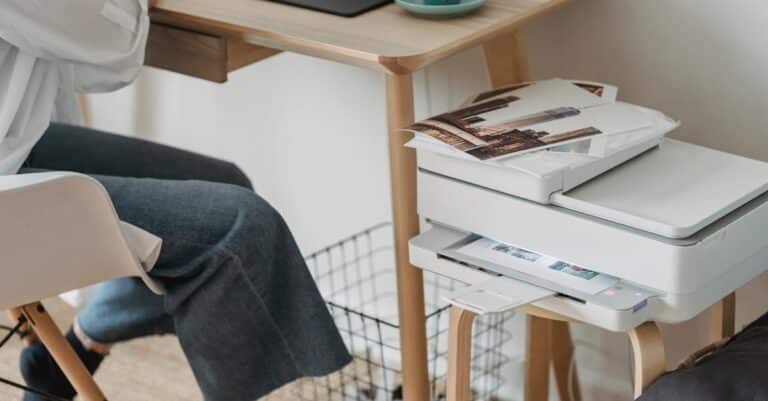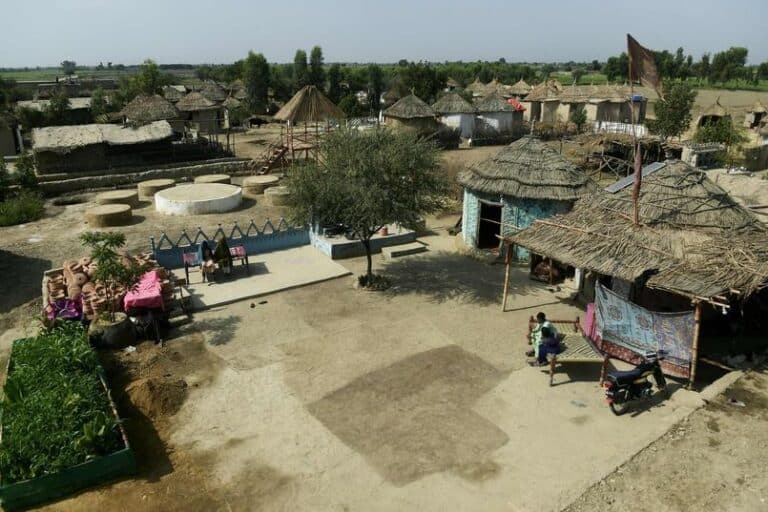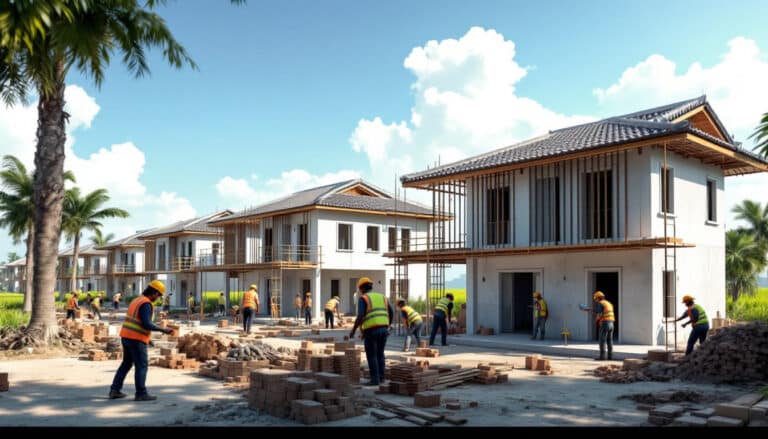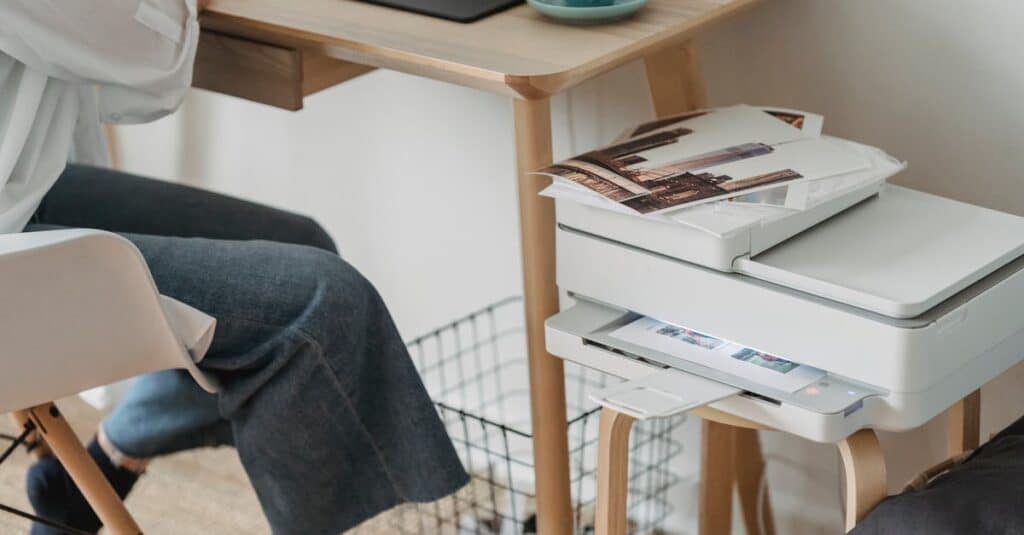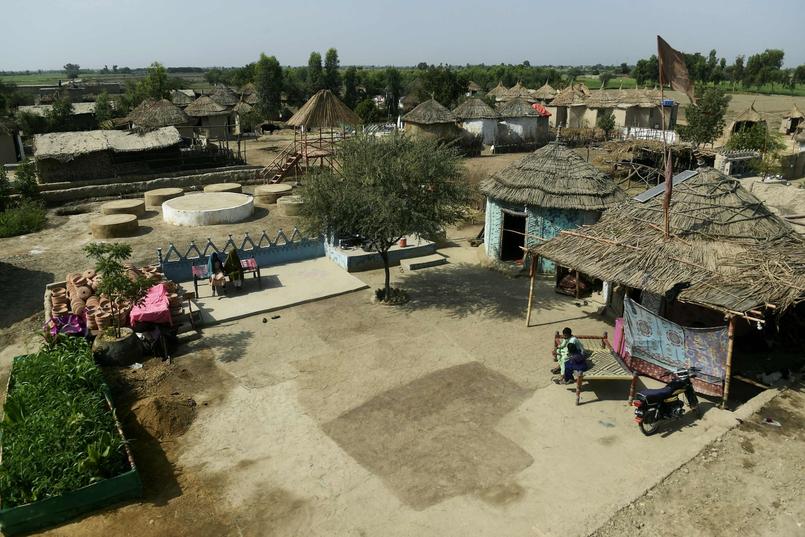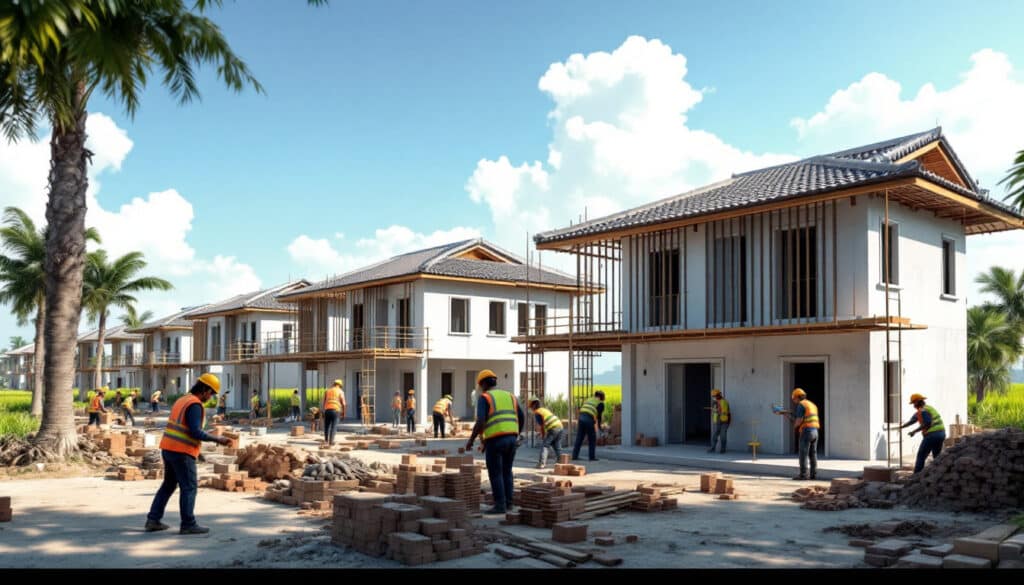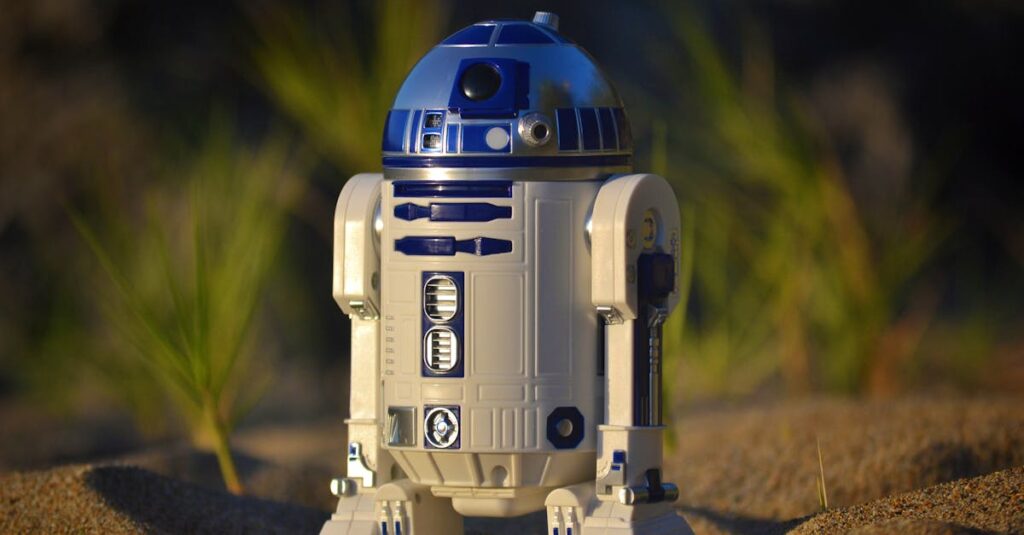Imagine a world where hugging your loved ones is no longer limited to a simple physical gesture, but is transformed into an immersive experience capable of healing the deepest emotional wounds. Thanks to technological advances in virtual reality and artificial intelligence, a revolutionary method is emerging: 3D hugging. This innovative approach promises to transcend emotional distance, offering a unique solution to reconnect individuals to their very essence and soothe bruised hearts. Let’s dive together into this fascinating new therapeutic dimension that blurs the boundaries between the real and the virtual, and which could well redefine our understanding of empathy and healing.
Table of Contents
ToggleA major advance in biomedicine

In the fascinating world of medicine, research into materials capable of repairing human tissue is reaching a decisive turning point. Thanks to a team of researchers at CU Boulder, in collaboration with theUniversity of Pennsylvania, an innovative method has been developed. It allows you to create materials 3D of a flexibility and a resistance unprecedented, capable of meeting the unique needs of each patient.
This new material, which combines properties elastic And robust, is designed to imitate natural fabrics such as those found in the heart or the joints. An essential characteristic of this invention: the ability of the materials to adhere easily to wet tissues, which opens up a multitude of possibilities for medical applications.
A method inspired by nature
Nature has always been a source of inspiration for scientific innovations. In this case, the researchers drew their inspiration from the behavior of towards, which are grouped into “ blobs » woven. This observation allowed them to develop a method of additive manufacturing which uses intertwined molecular chains providing these hydrogels with their robustness.
The process, called CLEAR (Continuous-curing after Light Exposure Aided by Redox initiation), allows these molecules to be entangled inside 3D printed materials, thus increasing their durability and their ability to adapt to organic shapes.
Towards concrete medical applications
The potential applications of this innovation are numerous and promising:
- Repair of hearts : These materials could replace damaged tissues or provide support to organs.
- Targeted drug delivery : They could also deliver drugs directly to injured organs or tissues.
- Cartilaginous patches : This technology can be used to manufacture patches tailored to specific patient needs.
- Needle-free sutures : Alternative products could reduce the damage caused by traditional surgical techniques.
A revolution beyond medicine
This development is not limited to the medical world. Indeed, the method used to create these materials could have important implications in various fields such as research, L’industry, and even the manufacturing. By integrating this method, it would be possible to improve the mechanical properties of materials suitable for a variety of applications.
It is clear that the combination of 3D printing technology and biological inspiration offers exciting prospects for the future. Prepare to see the medicine of tomorrow take shape before your eyes!
Key Features of the Revolutionary Method
| Properties | Benefits |
| Increased flexibility | Adapts to the body’s natural movements |
| Superior resistance | Supports loads without cracking |
| Easy adhesion | Provides a good result on damp fabrics |
| Custom manufacturing | Allows implants tailored to specific patient needs |

Dans la suite de #CàVous :
— C à vous (@cavousf5) June 20, 2023
Chantal Thomas pour son livre “L’étreinte de l’eau”, paru aux @EditionsArthaud 📖 pic.twitter.com/GG5bilvsqf


